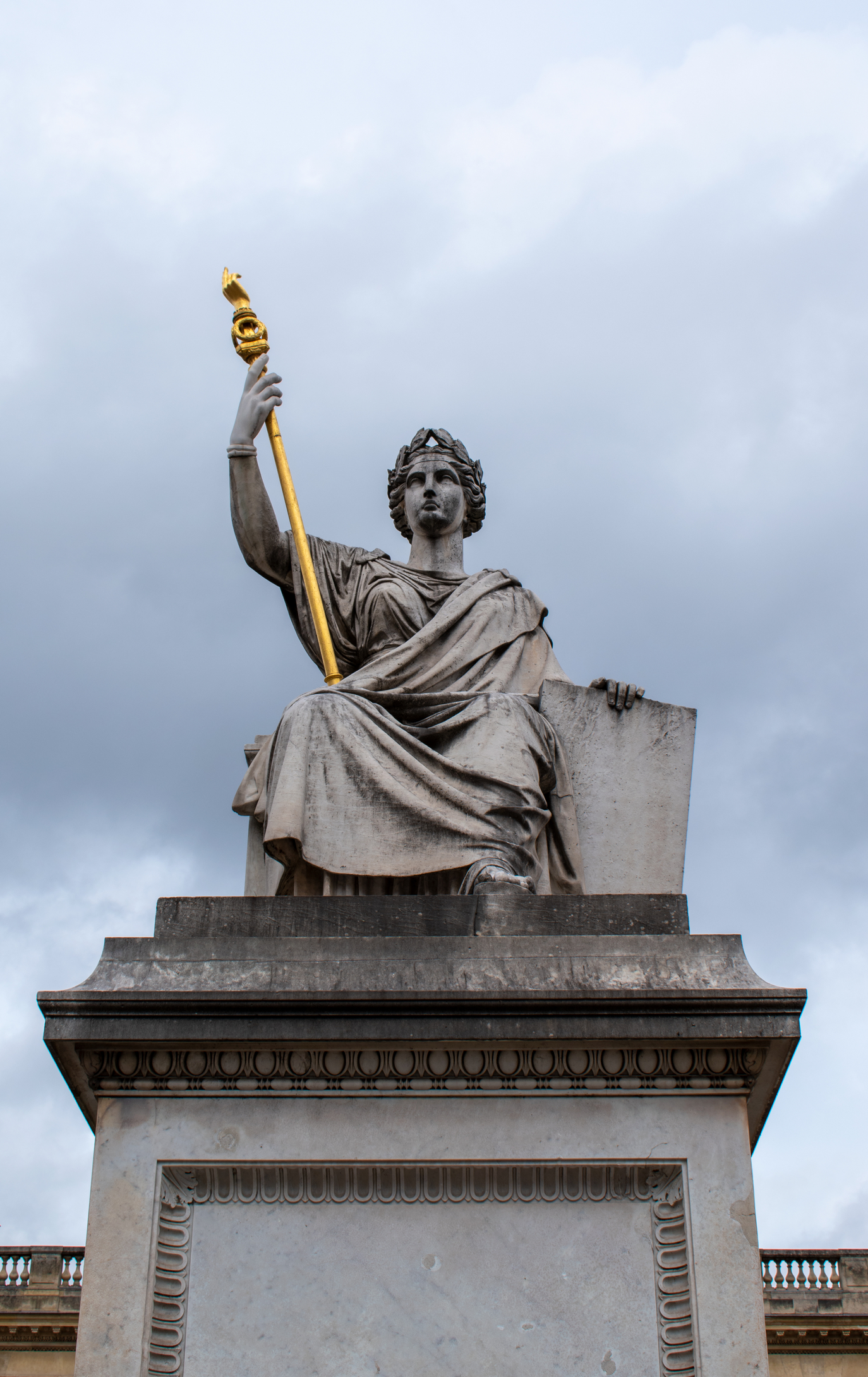The Changing Spirit of the Fifth Republic
In March, French President Emmanuel Macron invoked Article 49.3 of his country’s constitution to push through an increase in the retirement age from 62 to 64 over the next seven years. The provision allows the government to bypass a parliamentary vote and force a bill into law, and it is deeply unpopular in France.
In this case, the move led to nationwide protests, with political leaders from across the spectrum calling Macron’s tactic to thwart the National Assembly’s opposition a threat to democracy.
Since then, infighting over these issues has occasionally boiled over, with communication among political parties turning into shouting matches. The destructive political atmosphere contributed to a presidential decision to host an “initiative politique d’ampleur”, or major political initiative.
Opening Lines of Communication
As part of this plan, Macron hosted all party leaders for the Fifth Republic’s first-ever such gathering. Government Spokesperson Olivier Veran said that the initiative, if successful, could “mark the democratic history” of France.
The ground rules for the meeting included no phones or staff in the room, and the conversation was to focus on three overarching themes: the international situation (given the war in Ukraine and the coup in Niger), a reform of French political institutions and addressing the question of “forging a nation”.
The meeting lasted 12 hours, with far-right Rassemblement National party leader Jordan Bardella conceding that it was “an opportunity to have an open discussion” with the president.
When the initiative was announced, many saw it as a public relations stunt and wondered if the political parties would even participate. And while leaders on the left (from the New Ecological and Social People’s Union, or NUPES) complained that they were not initially contacted, which the president’s office denied, all those invited attended on August 30.
Some, however, departed feeling that the discussion fell short. Les Republicains leader Eric Ciotti warnedthat “now all of this must be translated into concrete action,” while his La France Insoumise counterpart, Manuel Bompard, remarked that the gathering allowed “frank” talks but at “this stage it has amounted to nothing”.
A week later, Macron had his turn again, releasing a six-page letter that summarized notes taken during the meeting. Highlights include, on the international front, unanimous support for continuing assistance to Ukraine and for a proposal to hold a debate (expected in the fall) about France’s future role in Africa.
On the domestic front, a “social conference”, led by the prime minister and the labor minister, among other government officials, will take place in October. It will focus on wages and income. The usage of referendums to determine future policies on issues ranging from migration to pension reform remains open. That is one sign that the conversation marked only the beginning of long debates that may have important political consequences in France.
Institutional Implications
Many wonder if anything tangible will ever emerge from Macron’s initiative, but just the idea itself is notable. The president’s role alone breaks with tradition, which dictates that the prime minister leads the government’s interaction with parliament. Foreign policy has been, instead, the preservation of the president. At the risk of overstepping his remit, Macron has directly waded into domestic issues, signaling the importance that he places on them and on relevant dialogue.
This portends a significant change in the Fifth Republic, one that could yet emerge as another Macron “faux pas” or an innovative way to confront issues that have long plagued French society and policymaking. The initiative, despite the shortcomings perceived by some participants, provided the time and space for civil discourse that had been impossible for months.
With that, Macron set a historic precedent and established a forum involving France’s highest office for open debate that attempts to translate constituent demands into policy. The president may just be turning from threatening democracy to embracing it.
This article was published by the Bertelsmann Foundation on September 14, 2023.
Featured photo: The statue of the Law in front of the National Assembly in Paris France.
Photo 268134484 © PhotoLorene | Dreamstime.com
For our look at Macron’s first term and foreign and defense policy, see the following:

